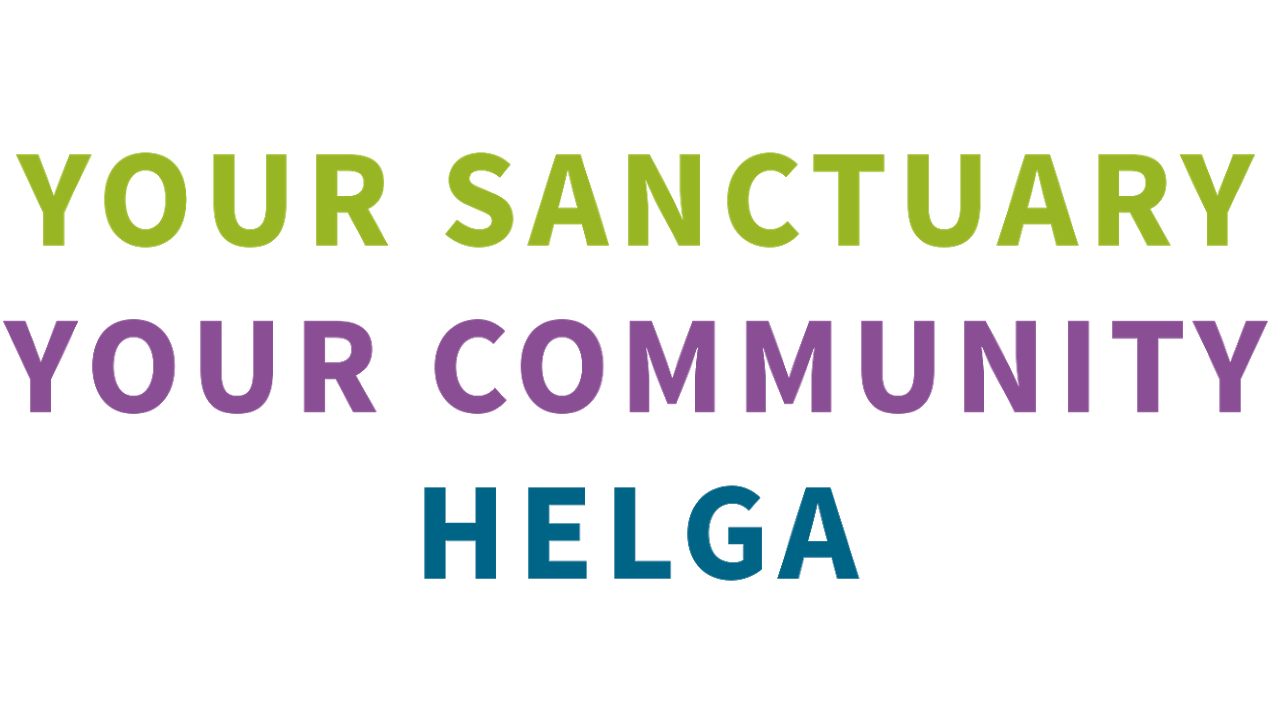It is again a great opportunity for everyone eligible to vote to influence how our society is run. By giving your vote, it is possible to decide who will be our next prime minister and to shape the compositions of our parliament and government. However, for many, politics may seem difficult or uninteresting. What does it matter if you vote or not? After the elections, the same people are always sitting there, and the elected people are just arguing over uninteresting matters in the parliament. It doesn’t matter who is sitting there, because nothing ever changes. There are partial truths in these frequently heard phrases, but also a lot of misconceptions.
The voting percentage of young adults was low in the 2019 parliamentary elections and I have couple of concerns if the voting activity remains low in these elections as well. First of all, voting can be seen as an opportunity to participate in democratic decision-making and to express your opinion about how Finland should be run as a state. If the younger age groups won’t vote, they are letting the older age groups to decide about their own futures. According to Statistics Finland, approximately 60 percent of 18-year-olds voted in the 2019 elections. The voting activity declines with 19-23 year olds and achieves the level of 18-year olds in the group of 24 year olds. It could be concluded from this that the voting activity is also quite low with those who came directly from secondary education to higher education studies. Statistically, in the last election, the trend of voting activity had the steepest increase from 26-year-olds onwards, and the highest level of activity was amongst 70-year-olds. Not voting therefore gives relatively greater power to 70-year-olds to decide, for example, on matters affecting students.
The claims that the same decision-makers are always making decisions in parliament and that nothing ever changes are also partly based on the reason discussed earlier. If the same age groups, i.e. baby boomers and older people, are the most likely to vote in elections. These older age groups usually have strong party affiliation and loyalty. It can also be thought that their views about different political parties and what are the most important things in societal decision making can be dated or not the same that for example students have. For example, is the demand for continuous economic growth at the expense of the environment good policy nowadays? Of course, the economic system is still based on economic growth, but what would change its operating principles if the voters are not giving the candidates and political parties the signal that they want something else? So, if you want a change in Finnish politics, use the power democracy gives you and vote for the change you want.
Part of the problem in voting might be the misconception that voting would require some special skills or it is too complicated or difficult. It is true that mechanisms of the society are complex, and election slogans usually over simplify these societal mechanisms and also the problems we have. Having a wider understanding of society would help you to make a voting decision. However, I myself trust the Finnish school system in the sense that everyone has the opportunity to acquire information about these topics if they wish. I would also believe that the younger voters do not vote for the same people as the older age groups, and so the change in politics is inevitable. In order to vote, you don’t have to have a degree in social sciences or be a political geek like me.
The most important thing in elections is voting itself and using your constitutional right to do so. Since the parliamentary elections are party elections, first you will need to choose the party closest to your own value base. After that, choose from the party’s election list the candidate who has the most like-mindedness with you and who promotes things you like. It is unlikely that you will find a candidate who is completely like-minded, unless you run for office yourself, but in national politics, the big lines are more important than the small details. When the choice described above has been taken care of, all you have to do is either go to any polling station during early voting, or on the actual election day, to the polling place notified to you in advance. See you at the ballot box!
Kalle Tuunanen
Helga Specialist
Advocacy


